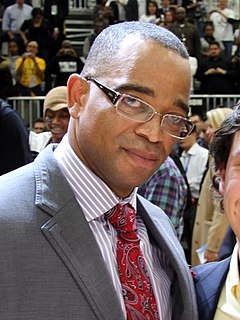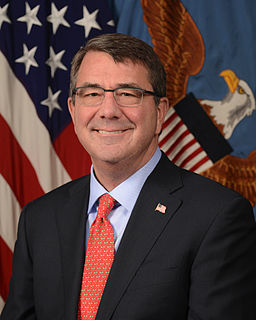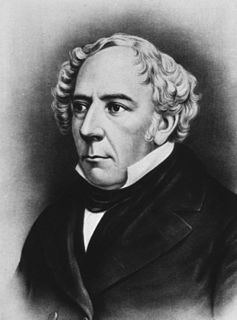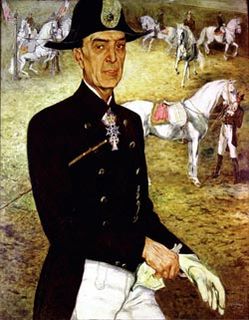A Quote by Michael Hayden
In the Cold War, a lot of Soviet actions could be explained as extensions of Czarist imperial ambitions, but that didn't stop us from studying Marxism in theory and Communism in practice to better understand that adversary.
Related Quotes
The Cold War was a boring thing. Nobody gets better for it. Tremendous money is wasted. Our lives get more difficult. We look at each other as enemies. What's good in that? In any case, I will do anything in my power in order to stop another Cold War, with the U.S. or any other country in the world.
With all of its false assumptions and evil methods, communism grew as a protest against the hardships of the underprivileged. Communism in theory emphasized a classless society, and a concern for social justice, though the world knows from sad experience that in practice it created new classes and a new lexicon of injustice.




































